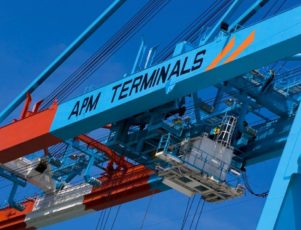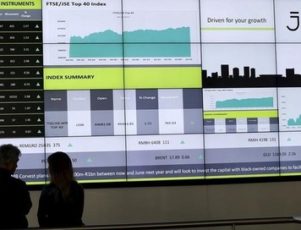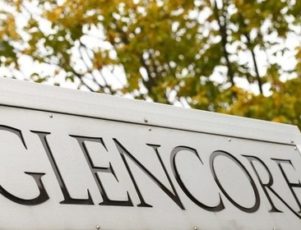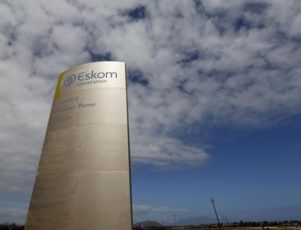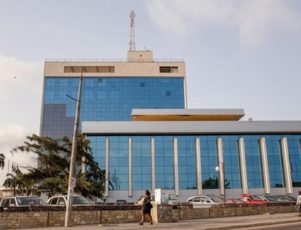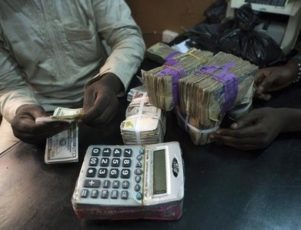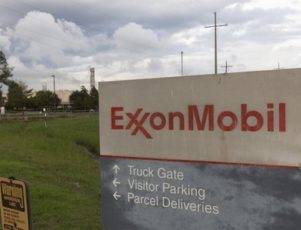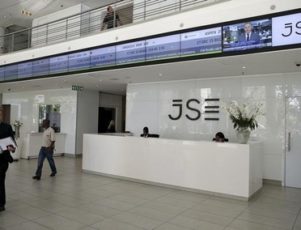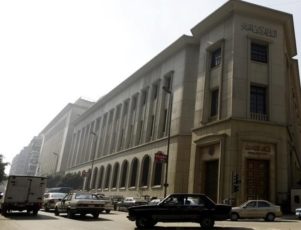COPENHAGEN (Reuters) – The world’s third largest port operator APM Terminals said it will invest 758 million euros ($858.3 million) in a new transhipment terminal in Tangier, Morocco, that will be the first automated terminal in Africa.
The new container terminal will have an annual capacity of five million 20-foot equivalent units (TEU), and APM Terminals has the right to operate the port for 30 years.
APM Terminals, a unit of Denmark’s shipping and oil group A.P. Moller-Maersk, is currently operating a port facility in Tangier that handled 1.7 million TEUs in 2015.
A.P. Moller-Maersk also controls the world’s largest container shipping company, Maersk Line and it has committed to use the new facilities.
“At a time when the container shipping industry is in crisis due to low global growth and too many vessels for too few goods to move it is important we are able to invest in bigger and more effective port facilities,” Chief Executive Kim Fejfer from APM Terminals said.
Tangier is the second-busiest container port on the African continent after Port Said, Egypt and the location of Tangier provides a natural transhipment location for containers carrying anything from flat-screen televisions to sportswear from Asia to Europe and Africa.
APM Terminals also see high growth in Africa will demand more and better infrastructure on the continent.
“Significant investment in port and transportation infrastructure will be required to meet the anticipated needs of the expanding African population and corresponding economic growth,” it said.
APM Terminals is the largest port operator in Africa with 12 facilities operational in 10 countries.
(Reporting by Ole Mikkelsen, editing by David Evans)

